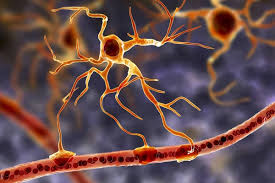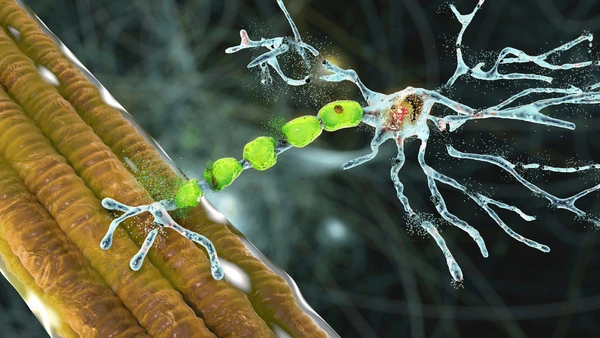The Vital Role of Physiotherapy in ALS Management
Physiotherapists develop personalized exercise programs for individuals diagnosed with ALS to help preserve muscle strength, maintain joint mobility, and support postural control and balance. Respiratory function support and pain management are also key components of physiotherapeutic care.
Especially in the early stages of ALS, physiotherapy can slow down muscle atrophy and help patients maintain their daily living activities for a longer period. Physiotherapists also offer guidance to caregivers, making home-based care safer and more effective.
Physiotherapists in the Multidisciplinary Team
Given the progressive nature of ALS, an integrated care approach is essential. Neurologists, pulmonologists, dietitians, psychologists, and
physiotherapists all work together to deliver comprehensive care. Within this multidisciplinary team, physiotherapists not only manage physical therapy routines but also assist in respiratory therapies, the use of assistive devices, and personalized mobility strategies.
In patients with
swallowing difficulties, physiotherapists contribute through proper positioning techniques to minimize aspiration risk. Even in advanced stages, targeted interventions can significantly enhance patient comfort.
Awareness is Everything
World ALS Day is more than a commemoration; it’s a call to action. It seeks to show those living with ALS that they are not alone and to foster empathy and understanding in society. From a physiotherapist’s perspective, early assessment, regular monitoring, and timely intervention are key to making a tangible difference.
It is essential to remember that
early physiotherapy intervention can offer hope not only for patients but also for their families against the debilitating effects of ALS.





